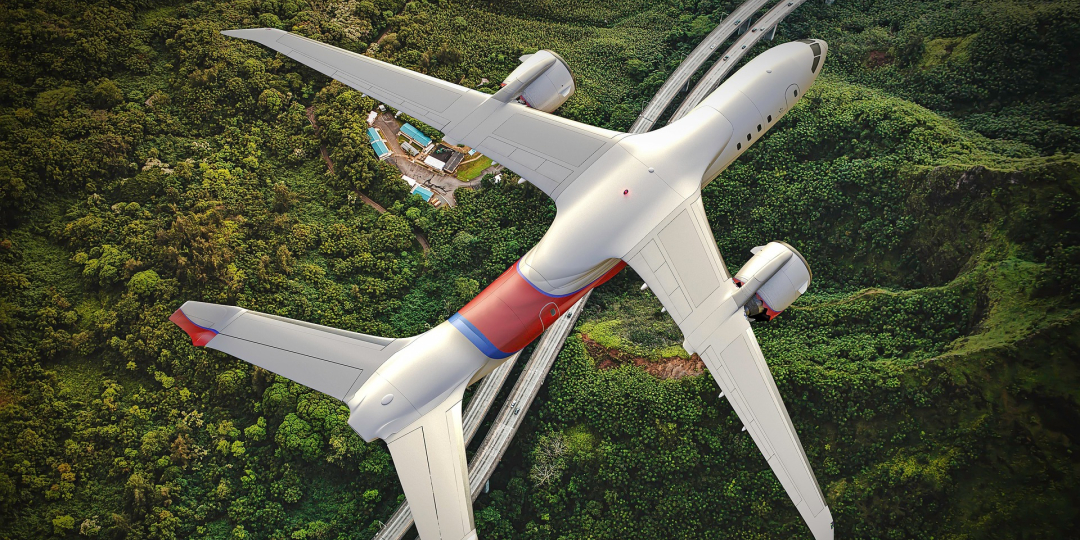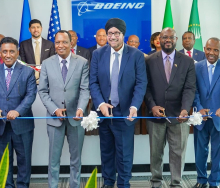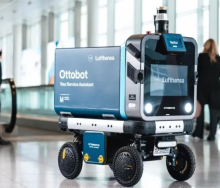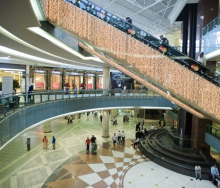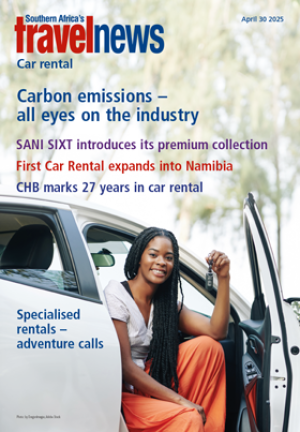In aviation’s race to reach nett zero by 2050, sustainable aviation fuel (SAF) is a hot topic and the role that TMCs can play in contributing to sustainable travel should not be underestimated, according to FCM Travel.
Sustainability is becoming increasingly important to travellers, and many are willing to switch airlines or use alternative modes of transportation if there is a more environmentally friendly option available. This is according to an OAG report that found that 56% of all travellers (rising to 68% among millennials) and 50% of business travellers would consider switching to a greener alternative.
According to the International Civil Aviation Organization (ICAO), sustainable aviation fuels remain the best option to reduce carbon emissions – and the quickest way to achieve the aviation industry's goal of nett zero by 2050.
"This highlights the pressure the airline industry is under to find sustainable fuel sources to respond to market change, and that it recognises the need to change," says Justin Penny, Head of Aviation Europe, Flight Centre Travel Group.
“TMCs also have a role to play,” Penny adds. “And not only when it comes to driving the demand for SAF; there is also an opportunity to help their customers meet their internal sustainability goals.”
TMCs should call for SAF adoption
One positive step is the increasing adoption of corporate SAF programmes, which allow companies with a corporate contract to ensure that a portion of their business travel is conducted using sustainable fuel, essentially by purchasing SAF on their behalf.
However, Penny says this is not the ultimate answer. "There are only a limited number of airlines selling SAF, and due to production issues, minimal quantities of SAF are available worldwide. As a company, if you buy SAF in large quantities from an airline, it is not guaranteed that your travellers will fly on aircraft that use SAF. The SAF purchased only contributes to the airline's overall fuel consumption. For many companies, that is not acceptable," he explains.
FCM is looking for solutions by working with airlines to encourage discussion of airline sustainability programmes and subsequent adoption of those programmes, including issues such as SAF.
"It's extremely complex because there are currently no industry standards. A lot of eyes are on Iata, which will hopefully help with this. FCM has a relationship with Iata that includes working on a SAF programme. Ultimately, we can certainly help facilitate discussions between airlines and businesses, and in conjunction with technology and data, help everyone achieve their specific sustainability goals," Penny says.
